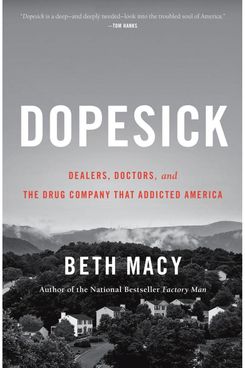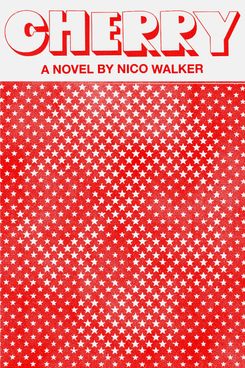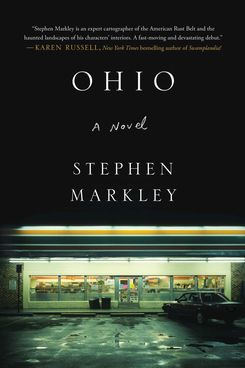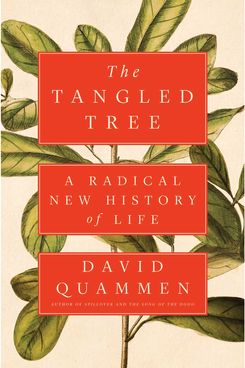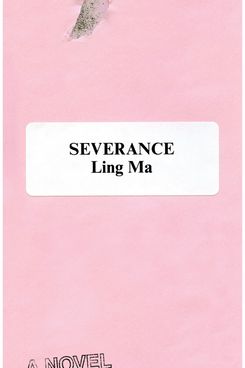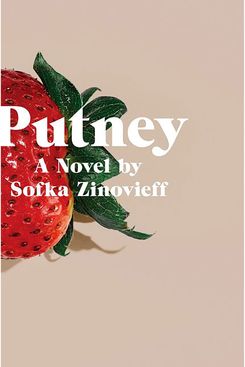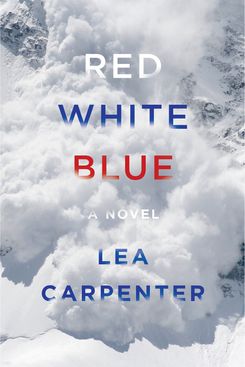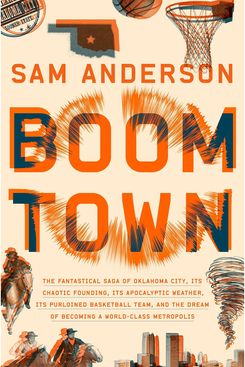
Each month, Boris Kachka offers nonfiction and fiction book recommendations. You should read as many of them as possible. See his picks from last month and next month.
Dopesick: Dealers, Doctors, and the Drug Company that Addicted America, by Beth Macy (Little, Brown, August 7)
A dogged and empathetic reporter on the ills of Appalachia (see her earlier Factory Man), Macy sets her roving eye on the victims and villains of the opioid crisis in Roanoke, Virginia, from the end user whose heroin addiction began with back pain to a convicted (and somewhat scapegoated) drug dealer and finally Purdue Pharma, whose lies about OxyContin’s addictiveness went largely unpunished. The story isn’t new, but Macy’s approach is fresh in its humanity and its outlook, which is at once comprehensive and hyperlocal.
Cherry, by Nico Walker (Knopf, August 14)
Writing from prison, where the former Iraq War medic was sent for a robbery he committed to feed his heroin habit, Walker connects the dots of Macy’s social disasters through fiction, complementing the work of reporters with a ground-level sense of how life can seem to fall apart by accident. One of the story’s many heartbreaks is the sense that the narrator, like Walker, was a man of great potential whose weaknesses overwhelmed him in a country where institutions — the armed forces, the VA, the education system — enabled or even accelerated his decline.
Ohio, by Stephen Markley (Simon & Schuster, August 21)
Completing a sad trifecta of summer opioid books, Markley’s debut novel takes a broader and more conventional look at the lost post-9/11 generation, constructing a fragmentary sort of reunion novel around a depressed Ohio town. Four alumni of the same high school come back for one momentous evening a decade after graduation, each with their own pattern of escape and return — and their own mission of repentance or retribution. All are circling the absence of a common friend who was killed in Iraq.
The Tangled Tree: A Radical New History of Life, by David Quammen (Simon & Schuster, August 14)
The most powerful scientific theories have a way fossilizing in the public imagination — like those scaly dinosaurs in the Jurassic franchise, blithely unaware that we’ve learned they had feathers. Or Darwin’s idea of evolution as a neatly branching tree, which Quammen debunks in a detailed but never-boring genetic tour, uncovering something more like a knotty web. In patient storytelling peppered with vivid profiles, he explains how genes can cross between unrelated organisms that barely interact, much less mate. It turns out we have more parents than mom and dad.
Severance, by Ling Ma (Farrar, Straus and Giroux, August 14)
The dilemma of a corporate drone dreaming of a better life is familiar raw material for fiction. Throw in a fungal plague that turns Manhattanites into a new kind of zombie — drones forever repeating a rote task from their previous lives — and things get interesting. The star of Ma’s debut, Candace Chen, an aspiring photographer who works for a Bible-packaging publisher, hits the road with some still-human but troublesome survivors, in a suspenseful adventure that doubles as a sly critique of late capitalism.
Putney, by Sofka Zinovieff (HarperCollins,
August 21)
They were different times, the ’70s, especially in freewheeling London, the setting for a very problematic relationship remembered decades later from three distinct points of view: Daphne, who was 9 when a young composer entered the home of her novelist father; Ralph, the composer, now dying, who saw Daphne as a muse; and Jane, the friend and witness who prods Daphne (now a single mother after a life of trouble) to see Ralph for what he was — a rapist who ruined her life. Zinovieff’s triptych is too nuanced for hashtags, yet perfectly tuned to #MeToo.
Red, White, Blue, by Lea Carpenter (Knopf, August 21)
The second novel by Carpenter is a thriller in its basic elements: After a woman’s father dies, she learns he was in the CIA, and, as her husband’s Senate run draws scrutiny, sets out to clear Dad against charges that he spied for China. But Carpenter sets out to do far more than thrill; in cool and limpid prose that alternates between the points of view of Anna and a nameless CIA officer in hiding, she evokes the monstrous sacrifices people make in the service of an inhumane system.
Boom Town, by Sam Anderson (Crown, August 21)
In writing both idiosyncratic and unerring, this culture critic (formerly of New York) proves that any subject, in the right hands, can mesmerize and delight. Anderson weaves a people’s history of Oklahoma City, “one of the great weirdo cities of the world,” together with scenes from the roller coaster first decade of its first pro basketball franchise, the Thunder. Befitting the title, OKC is always on the verge of triumph (oil booms, redevelopment) and disaster (oil busts, tornadoes), a young locale more archetypal of the American mythos than the 26 bigger cities in the country.
Every editorial product is independently selected. If you buy an item through our links, Vulture may earn an affiliate commission.


